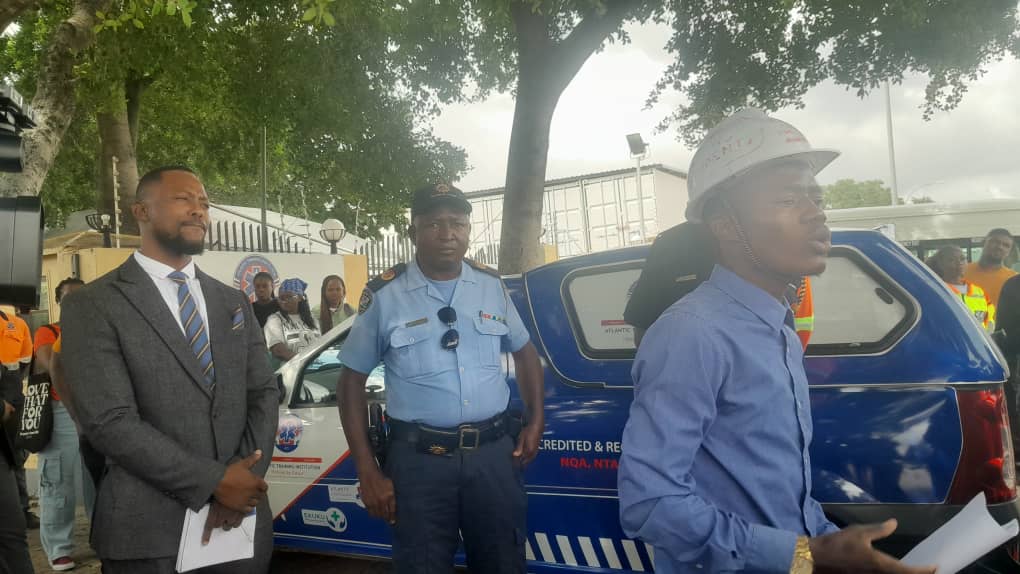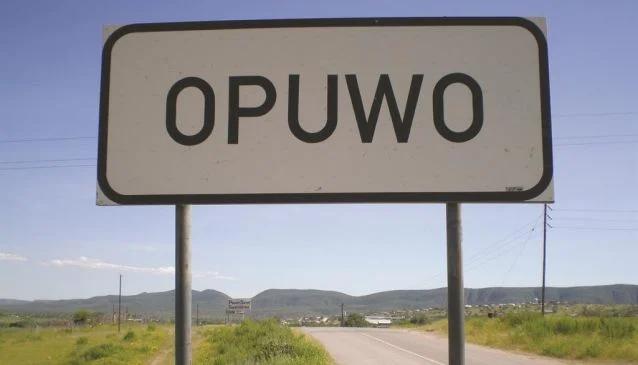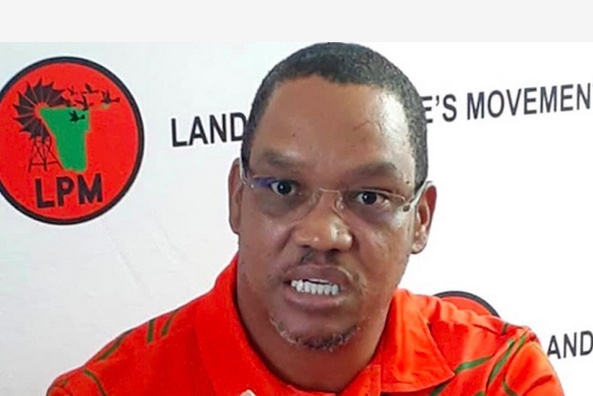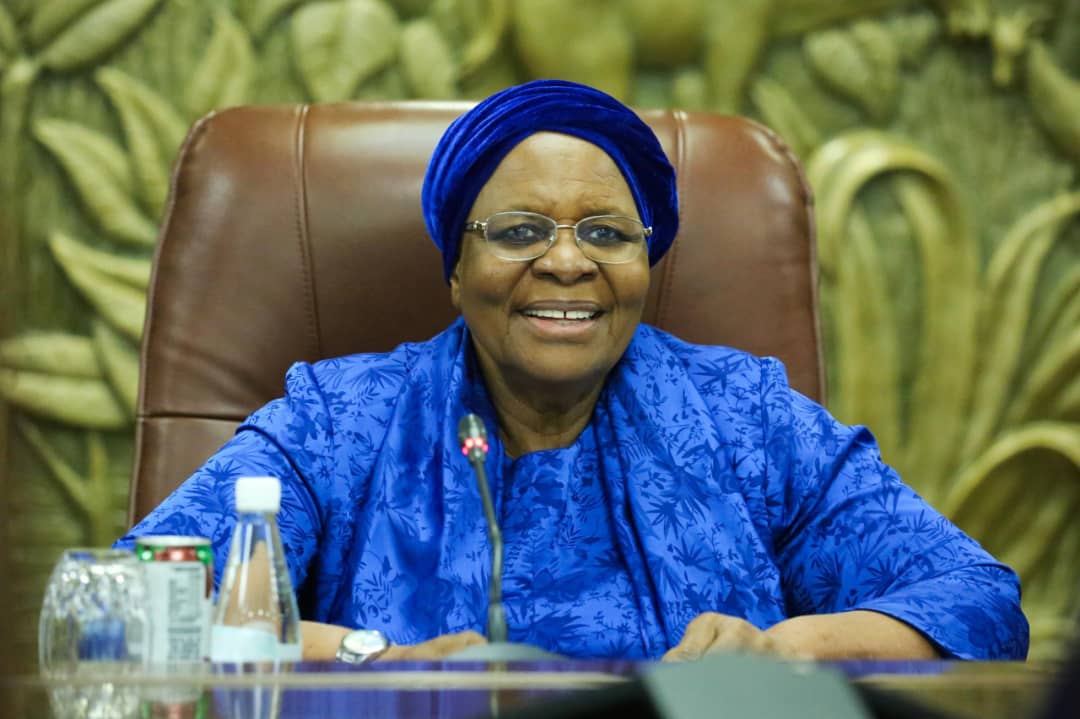WHILE the Avid saga “has been turned into entertainment”, it had nevertheless “encouraged investigative reporting in other questionable financial deals which stand unresolved”, says Prime Minister Nahas Angula.
This was how the media should resonate with public interest rather than pander to popular tastes, he added. Delivering the keynote address at the Misa Press Freedom Award gala dinner in the capital on Friday night, Angula said everyone agreed that freedom of expression and media freedom were cornerstones of democracy, and that Constitutional guarantees to this end in Namibia provided “an opportunity for media practitioners to fully exercise their professional talents in order for good journalism to flourish” throughout the country.But, warned the Prime Minister, “Constitutional guarantees should not allow us to rest on our laurels”.Namibians needed to ask themselves key questions, such as whether media workers were using their freedoms to promote public good, democracy and good governance, and whether the State in turn was respecting the Constitution and whether political and economic pressures were stifling media freedom.He added that the media were not operating in a vacuum.”The shadows of economic gain, political interest, cultural and religious uprightness can easily distort freedom of expression.This has consequences to the quality of information and balanced reporting”.He continued to say that in recent weeks, the “tragic story of Avid and Kandara had been turned into a soap opera”.”The victims were overshadowed by the brinkmanship of the Avid characters.The beneficiaries of money lost are nowhere to be found or heard.The whole saga has been turned into entertainment.”However, he added that the Avid story had encouraged investigative reporting on other questionable financial deals and that this was how the media should resonate with public interest rather than pander to popular tastes.While media workers grappled with the challenges of balance in reporting, unbiased presentation and quality of information, politicians on their part had to deal with problems of economic, legal and political pressures.He quoted the US-based Freedom House ratings determining a country’s freedom status, and said that overall Namibia had been judged to be free.However, women continued to face discrimination in customary law and violence against them was widespread.Thy also continued to be under-represented in government and politics.This was an area political players should pay attention to, the Prime Minister said.While we celebrated those who had excelled in media work, the Prime Minister continued, “we should remind ourselves that we have a common purpose …to deepen democracy and promote good governance in the region” and that the press should serve these ends.Delivering the keynote address at the Misa Press Freedom Award gala dinner in the capital on Friday night, Angula said everyone agreed that freedom of expression and media freedom were cornerstones of democracy, and that Constitutional guarantees to this end in Namibia provided “an opportunity for media practitioners to fully exercise their professional talents in order for good journalism to flourish” throughout the country.But, warned the Prime Minister, “Constitutional guarantees should not allow us to rest on our laurels”.Namibians needed to ask themselves key questions, such as whether media workers were using their freedoms to promote public good, democracy and good governance, and whether the State in turn was respecting the Constitution and whether political and economic pressures were stifling media freedom.He added that the media were not operating in a vacuum.”The shadows of economic gain, political interest, cultural and religious uprightness can easily distort freedom of expression.This has consequences to the quality of information and balanced reporting”.He continued to say that in recent weeks, the “tragic story of Avid and Kandara had been turned into a soap opera”.”The victims were overshadowed by the brinkmanship of the Avid characters.The beneficiaries of money lost are nowhere to be found or heard.The whole saga has been turned into entertainment.”However, he added that the Avid story had encouraged investigative reporting on other questionable financial deals and that this was how the media should resonate with public interest rather than pander to popular tastes.While media workers grappled with the challenges of balance in reporting, unbiased presentation and quality of information, politicians on their part had to deal with problems of economic, legal and political pressures.He quoted the US-based Freedom House ratings determining a country’s freedom status, and said that overall Namibia had been judged to be free.However, women continued to face discrimination in customary law and violence against them was widespread.Thy also continued to be under-represented in government and politics.This was an area political players should pay attention to, the Prime Minister said.While we celebrated those who had excelled in media work, the Prime Minister continued, “we should remind ourselves that we have a common purpose …to deepen democracy and promote good governance in the region” and that the press should serve these ends.
Stay informed with The Namibian – your source for credible journalism. Get in-depth reporting and opinions for
only N$85 a month. Invest in journalism, invest in democracy –
Subscribe Now!










